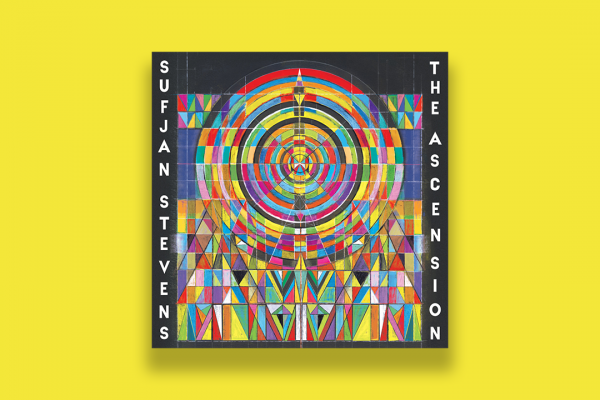Sep 25, 2020
The album is titled The Ascension but, I’ve got to be honest, Sufjan Stevens’ latest masterwork has me feeling the lowest I’ve felt about this country since the start of quarantine.
Read the Full Article

Already a subscriber? Login
